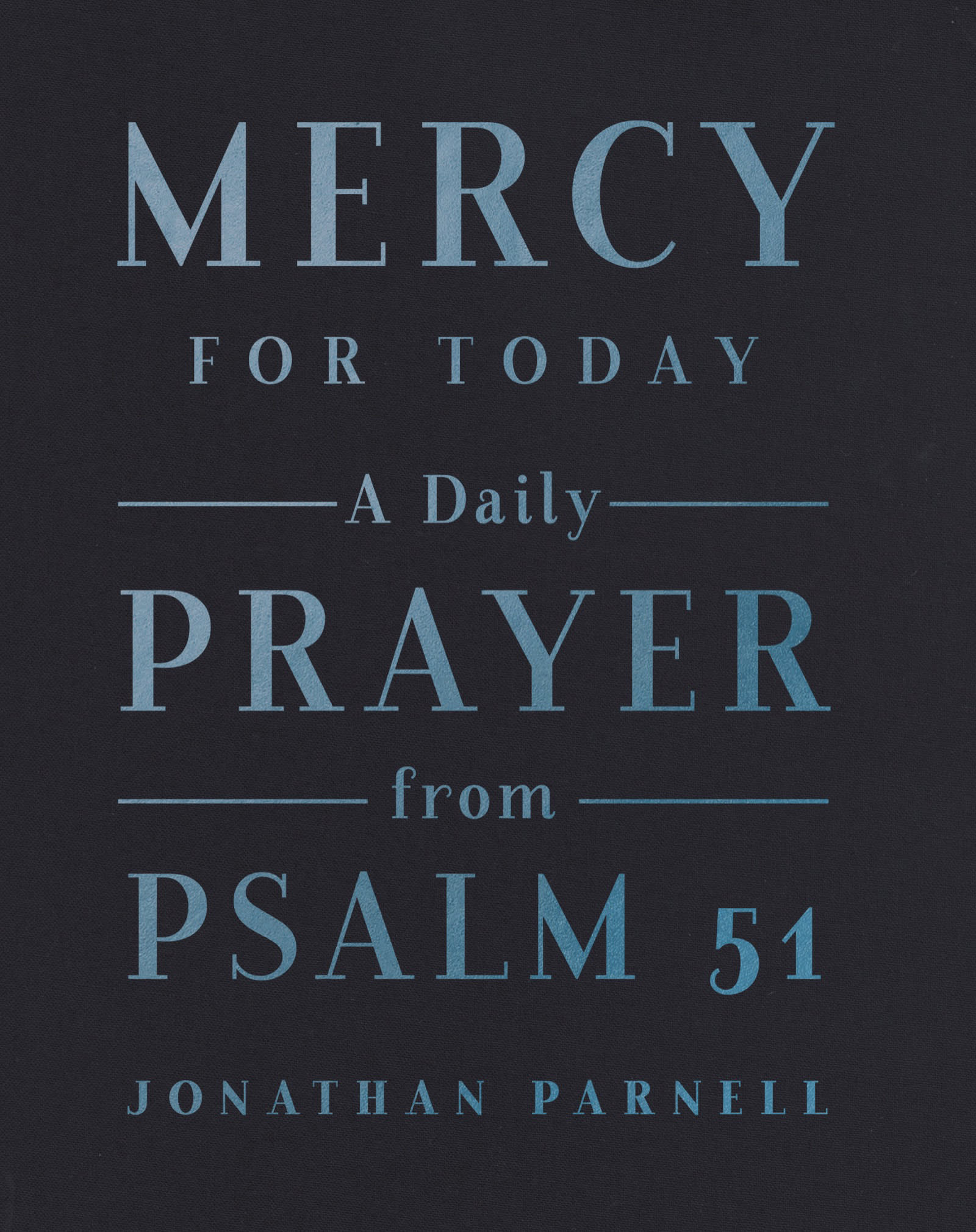God is the God you can't imagine. He is the God outside of us. And yet, we're still here, in this world, in the picture, and what we think about God matters. God made us, and he gave us mouths for a reason. There are lots of reasons, in fact, for why we have mouths, but the main reason, or at least the main reason in David's mind in Psalm 51:15, is God's praise.
This is why David asks God to use his mouth, and that's why we ask the same thing after David. We pray for God to open our lips so that our mouths declare God's praise because we know that's the reason God has given us mouths.
The Psalms talk a lot about our mouths, and it always goes one of two ways. Either our mouths speak lies and are full of violence, or they speak the truth and are full of praise—and a repeated prayer throughout the Psalms is for the latter:
Psalm 34:1, "I will bless the Lord at all times; his praise shall continually be in my mouth."
Psalm 71:8, "My mouth is filled with your praise, and with your glory all the day."
Psalm 145:21, "My mouth will speak the praise of the Lord, and let all flesh bless his holy name forever and ever."
Our mouths are good for nothing greater than praising God. That's because praising God is the ultimate purpose for everything God has made—everything from seraphim to people like us. And so he commands us in Psalm 113:1, "Praise the Lord! Praise, O servants of the Lord, praise the name of the Lord!"
Every day from now to forever, and every moment from the rising of the sun to its setting, the name of the Lord is to be praised. This is praise that is happening regardless of you and me, and yet God has given us these mouths. His praise is what these mouths are for—it's what your mouth is for.
You can literally praise God. You can actually lift your voice and sing along with the seraphim. You can sing with the seraphim. Think about that. You can sing and shout and speak of God, and not just about him, but to him. Over your sin, you can declare God's grace. Over your weakness, you can declare God's strength. Over the craziness of your circumstances and the sorrow of your sufferings and the darkness of your doubts, your mouth can declare the truth of God.
This is only so because God is the God we can't imagine because His truth comes from outside of us.
We can declare his praise with our mouths over and over again until our hearts catch up. In other words, we can lead our hearts with our mouths.
Jonathan Parnell
Leading with Our Mouths
The implications here reach down into our most human experiences. Because God is God apart from us, even if we are not "there" psychologically, even if our emotions don't line up, even when it seems like everything in our lives is falling apart, our mouths can still join the chorus of God's adoration.
We can say true things without feeling them as long as we want to feel them. And if we don't know exactly what to say, we can simply take up the Bible and read. We can speak the praise of God in the word of God. We can declare his praise with our mouths over and over again until our hearts catch up. In other words, we can lead our hearts with our mouths.
That's one of the ways we talk about it at our church, and only God knows how many times we must do that on Sunday mornings if we're going to sing at all. I mean that at least for myself. Each Sunday, about 15 minutes or so before the start of our worship service, everyone involved in the service circles up to review the liturgy and pray. Several different pieces converge in that one moment. We have come to this gathering to lead in worship, not perform, and so it's for worship's sake that the band has rehearsed, and the exhorter, Scripture reader, and preacher have all prepared. Everybody has been working toward the same page, but that preservice huddle is the first moment everyone is together in person.
I'd like to say that those are always deep and meaningful moments, that everyone's heart is busting at the seams to lift Jesus high, and that we're bewildered by such an honor—but that's not how it feels a lot of the times, and not because we don't want it that way. A lot of the times as we gather together, some or most of us may just not be "there" yet.
Some of this comes with the territory of being a church plant and renting space, but for a while, it seemed like every Sunday a wrench would get hurled into our plans. At one point we had worshipped in five different buildings over the course of a year, and too often we would rush into the time of pre-service prayer winded and stressed because something was off somewhere.
This is not even to mention the internal struggles and pains we often carry as humans in a sinful world. And yet, there we were, gathered by the gospel, with our spastic emotions, about to lead God's people in worship. So we prayed. We prayed for a lot of things, of course, but we especially prayed for our hearts. We prayed ahead of our hearts. Those little prayers, while not profound by any means, stand as some of the sincerest prayers I've ever shared with other brothers and sisters. They might look something like this:
Father, the sound keeps cracking; the floors are dirty again; the bathroom lights are broken; things are chaotic around here; distractions abound; and we praise you!
We will praise you, Lord, from this time forth and forevermore. We will extol you among the peoples! Your steadfast love is great and your faithfulness endures forever—yes it does—and so we're going to sing; we're going to declare your truth; we're going to exalt Jesus. We're going to praise you. We want to praise you. Make us praise you.
That is what it looks like to lead your heart with your mouth, and it's relevant for every worshiper of God as we come to the church's corporate gathering.
Excerpted with permission from Mercy for Today by Jonathan Parnell. Copyright 2020, B&H Publishing Group.
Do we just need God's grace in dark and shameful moments? Are prayers for mercy only for those times when we really mess up? In Mercy for Today, Jonathan Parnell says we need God's mercy all the time. In fact, contrary to many church cultures, Parnell shows that asking God for mercy should be as regular as asking God for our daily bread.
In these pages, you'll discover:
How to pray a daily, memorable prayer derived from Psalm 51.
How to practice daily repentance and soul care.
How to pursue God and experience his joy in the Christian life.
In Mercy for Today you'll learn that we are in constant need of God's mercy, and He is always willing to give it.


